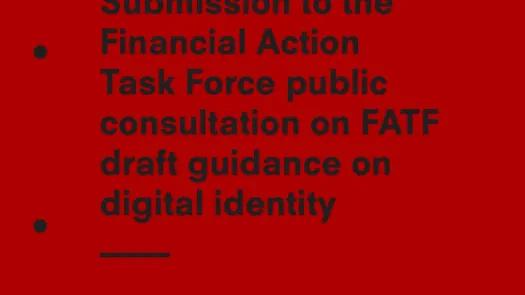Grindr and US national security: why it is time we start caring for the privacy of all users

The Committee on Foreign Investment in the United States (CFIUS) is trying to force the Chinese owner of the gay dating app Grindr to sell the app because of national security concerns. This is the first time the committee has considered the national security implications of a foreign social media app.
Early last year, the Chinese company Beijing Kunlun Tech purchased the Californian-based dating app. Kulun had already owned 60 per cent of Grindr since 2016. Yet, it is only now – with an expanded definition of national security threats and more power handed by the US congress to the panel – that the CFIUS is making a move.
As government officials – including US military and intelligence services officers – may be Grindr users, the US government is right to be concerned about the possibility of a foreign government gaining access to the most intimate aspects of their lives. However, it is equally concerning that Grindr users from any country and background are at the mercy of a government, be it the Chinese or the US government.
Beyond the national security discourse, Grindr has a lot to answer to when it comes to the privacy of all its users - not just government officials. In the past, Grindr has come under fire for its reckless use of users’ data, in particular for sharing information about their users’ HIV status with third party.
With its last move, the CFIUS is de facto admitting that Grindr users are not safe, and that the Chinese government can access the account of every user. Indeed, the Chinese government - like an increasing amount of others - has passed what's known as 'data localisation' laws, which force companies to store data in their territory, opening up legal and technical avenues for access to their data centres.
The CFIUS decision highlights a grim reality: when it comes to how much governments care about our privacy, some are more equal than others. Our privacy matters to them when we are top civil servants, in the military or the intelligence services. When our private lives and who we date blur with national security, this is when governments start caring. But what about the millions of users, whose lives may still be affected by Grindr’s practice? What about those who may be paying more for their health insurance because their HIV status has been shared or those who will be targeted by the government where Grindr users may face repression?
Privacy must not become the right of the elite and whether we are an FBI agent in Virginia or a Grindr user anywhere else in the world, we should have the confidence that both our government and the company we choose to use are there to protect us.
Grindr made positive steps back in 2017 to make their app safer for users in countries where homosexuality is criminalised. It is now time for them to offer all their users stronger protection. Whether they remain Chinese or become American is in itself irrelevant - the real cause for concern should be whether or not the company will protect or endanger all its users.



